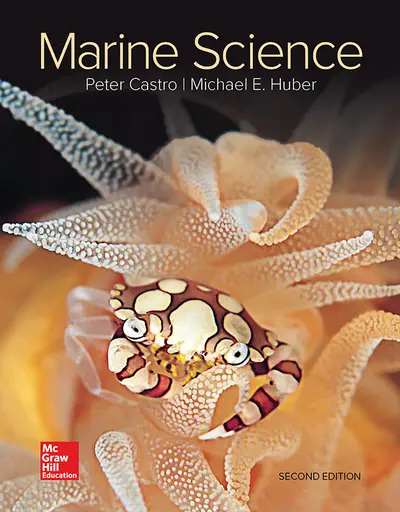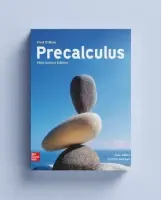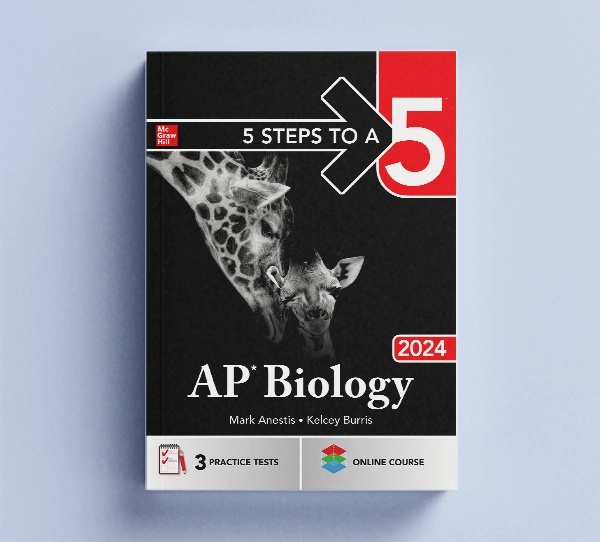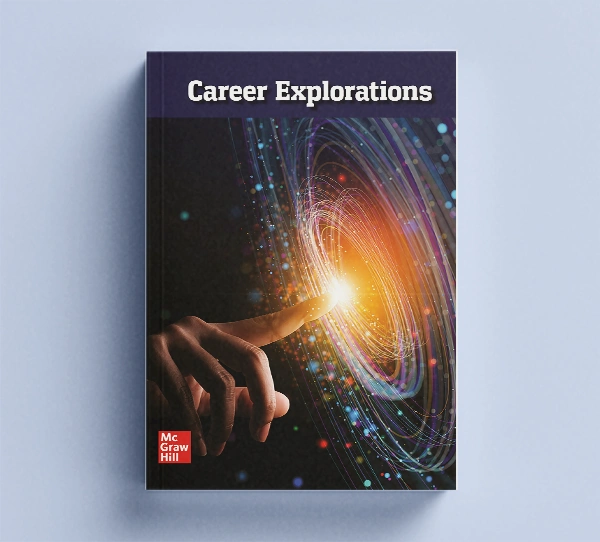Peter Castro, Ph.D
Peter Castro realized that he had to become a marine biologist during a high school field trip to the coral reefs in his native Puerto Rico. He obtained a B.S. in biology from the University of Puerto Rico, Mayagüez, but left the warm Caribbean for warm Hawaii to obtain a Ph.D. in marine zoology from the University of Hawai’i, Mānoa. His first experience with cold water was a year of post-doctoral research at Hopkins Marine Station of Stanford University in Monterey Bay, California. He is currently Professor Emeritus at California State Polytechnic University, Pomona. He also holds a B.A. in history and art history from his home institution, something that took him 18 years to accomplish as a part-time student. He is fluent in four languages and has taught marine biology (in English and Spanish) as a Fulbright Scholar at Odessa State University in the former Soviet Union. His research specialty is the biology of crustaceans symbiotic with reef corals and other invertebrates, research that has taken him anywhere where the water is warm enough to dive. He has also been doing research for almost the last two decades on the systematics of deep-water crabs, mostly, of all places, in Paris, France. His research also has taken him in the last couple of years to Brazil, France, Germany, and Singapore. Dr. Castro has so far published 64 peer-reviewed papers on his research. He is currently editor-in-chief of the Journal of Crustacean Biology.
Michael Huber, Ph.D.
Michael Huber became fascinated by aquatic organisms when he caught his first trout on an Alaskan lake at age two. His interest in marine biology grew, and he went on to obtain B.S. degrees in both zoology and oceanography from the University of Washington. He received his doctorate from Scripps Institution of Oceanography for research on a group of symbiotic coral crabs. He remained at Scripps as a research biologist, working on such diverse research topics as the genetics and cell biology of unicellular algae and bioluminescence in midwater organisms. In 1988 he moved to the Biology Department at the University of Papua New Guinea, where he had the opportunity to work on some of the world’s most spectacular coral reefs and was Head of the University’s Motupore Island Research Station. He also became increasingly involved in marine environmental science. This interest continued to grow when he left Papua New Guinea in 1994 to become the scientific director of James Cook University’s Orpheus Island Research Station on Australia’s Great Barrier Reef. In 1998 he became a full-time environmental advisor, providing scientific information and advice on marine environmental protection to international agencies, governments, and private industry. Much of his work has been in marine environmental protection at the global level, while regionally his focus is the Asia-Pacific region. He has worked on a wide range of environmental issues such as pollution control and waste management, habitat conservation and restoration, marine invasive species, endangered species management, long-term environmental monitoring, effects of mariculture, and deep-sea mining. Dr. Huber is Member Emeritus of GESAMP, a United Nations scientific body that advises international agencies on marine environmental issues. This work has taken him to more than 60 countries, most recently Chile, China, Indonesia, New Zealand, Perú, the Philippines, Singapore, Thailand, the Republic of Korea, and Vietnam.
Huber lives in Brisbane, Australia. His hobbies are fishing, diving, swimming, listening to and attempting to play music, reading, and gardening.



















































Social Studies
View all Social Studies Programs
IMPACT (K–5)
Actively Learn (3–12)
New Social Studies (6–12)
Networks (6–12)